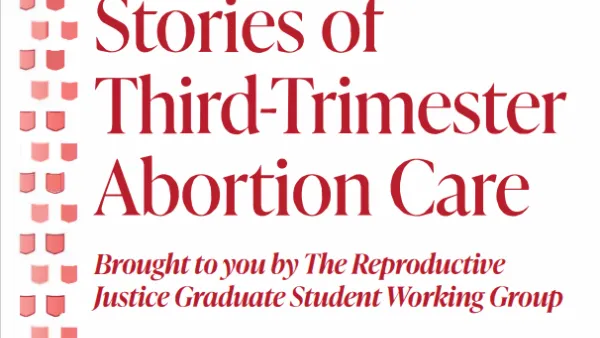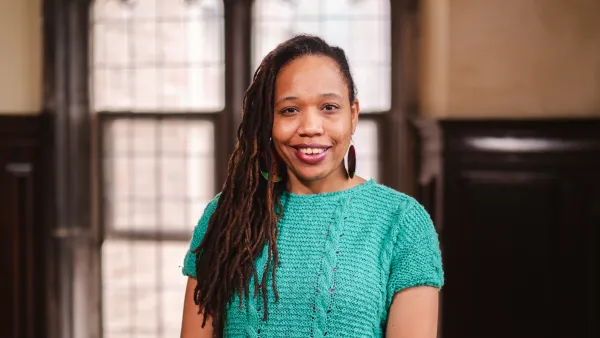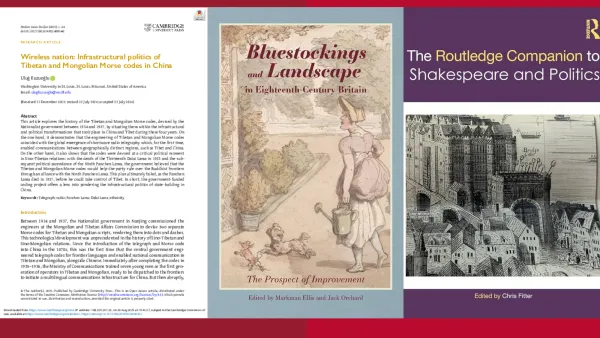Konig Prize in Law & History (awarded for work submitted in the Fall 2019-Spring 2020 Academic Year)
Arielle Imber, “Competing Notions of Justice in American Jurisprudence” written for Prof. Iver Bernstein’s Theory and Practice of American Justice, Fall 2019 semester.
A paper that astutely examines key Supreme Court decisions around free speech and (sexual) privacy, using Michael’s Sandel’s two models of liberty (substantive/voluntarist) to demonstrate that the Court’s shift over the twentieth century “from a substantive model to a voluntarist one has encouraged the Court to embrace individual rights and neutrality over collective needs and state-sanctioned morality”.
The Konig Prize in Law and History was established to honor Professor David Konig’s commitment to undergraduate teaching and the study of law through history.
Izenberg Prize awarded for work submitted in the 2020 calendar year (Spring 2020 and Fall 2020 semesters).
Lila Puziss, “South African Jews: Privilege, Vulnerability, Apathy and Action” written for Prof. Hillel Kieval’s Diaspora in Jewish and Islamic Experience, Fall 2020 semester.
This essay tackles the complicated place of Jews in South Africa’s racial binary. Jewish immigrants to South Africa found new economic opportunities, but only by “opting in” to an oppressive racial regime. While they faced considerable anti-Semitism from the Afrikaner population, as shown particularly well through selected newspaper cartoons, the postwar apartheid system categorized Jewish people as members of the “white” race. This combination of vulnerability and privilege produced “apathy”, in which lay Jewish leaders consciously distanced the community from any collective political action. This complacency was challenged by individual activists, including lawyers and rabbis, who used their training and standing to agitate for equality for all South Africans.
Honorable Mention: Abby Téllez, “From Barrio Logan to the Jungles of Viet Nam: The Impact of the Viet Nam War on the Mexican-American Consciousness” written for Prof. Krister Knapp’s Advanced Seminar: The U.S. in Vietnam, Fall 2020 semester.
This paper argues that, “the pressures on the working-class Chicano community in California caused by the Viet Nam War in the forms of the draft, the national anti-war movement, and anxieties within the home challenged the long-held attitude of subservient assimilation and forced them to negotiate their hybrid identities and roles in American society”. The prize committee in particular noted the use of oral history interviews to expand our understanding of how the Vietnam War was experienced at home.
Izenberg Prize awarded for work submitted in the 2019 calendar year (Spring 2019 and Fall 2019 semesters):
Anna Iademarco, “Advocacy and Authority: British Women’s Involvement in Indian Medical Care” written for Prof. Ramos’s Advanced Seminar: Medicine, Disease, and Empire, Fall 2019 semester.
This paper analyzes how British women advocated for the provision of health care to Indian women during the British colonial period as a way to enhance their professional status, ultimately acting as colonial agents. It uses the debate around the Contagious Diseases Act, the establishment of the National Association for Supplying Female Medical Aid to the Women of India, and the marginalization of Indian medical practices and practitioners to explore this relatively little-studied topic and to complicate scholars’ depiction of the motives and consequences of British women’s advocacy for health care for Indian women.
The Izenberg Prize was established by Prof. Gerald Izenberg in memory of his parents and is awarded to the best paper written for an Advanced Seminar in the previous calendar year.




